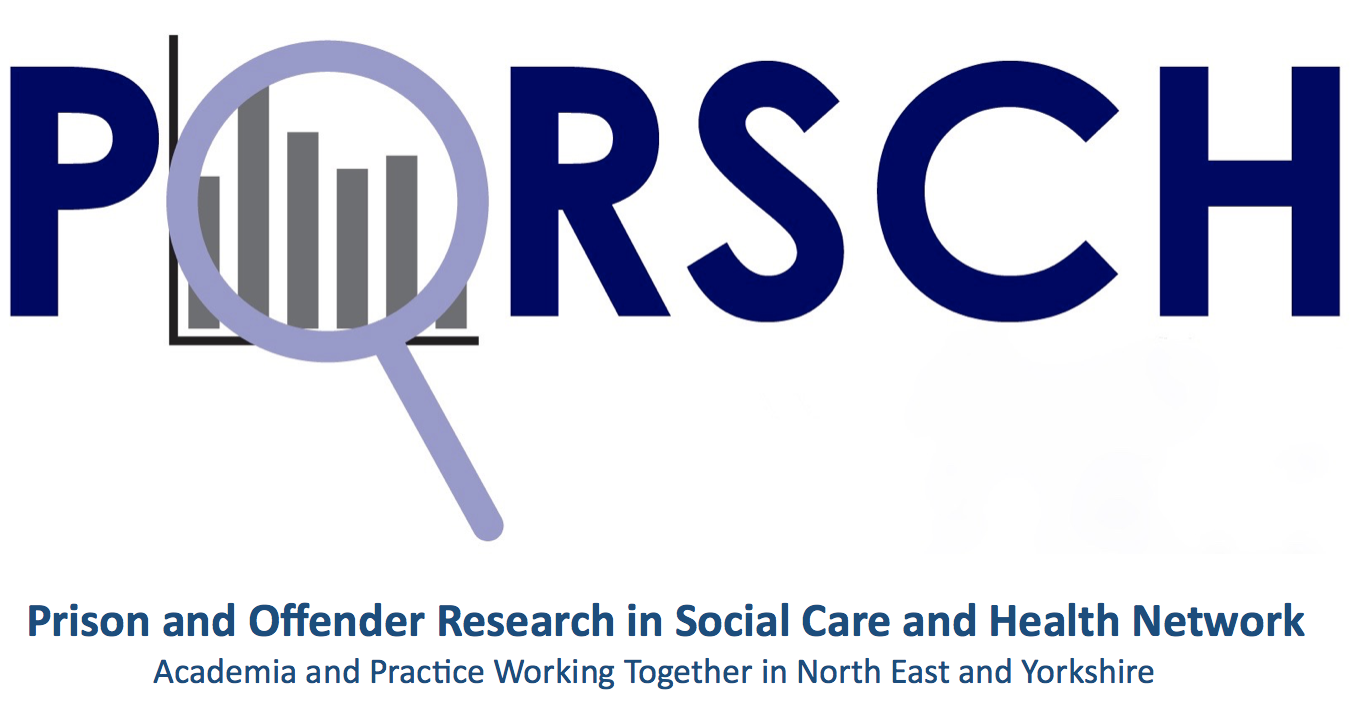PORSCH Conference 2025: 20 Years of Offender Health Research
The Hub, Durham University, Durham City, DH1 3FP
Tickets £80 including lunch
15 July 2025 10.00-17.00
This conference is aimed at clinicians and academics working with offenders in prisons, probation, health services and the voluntary sector. It’s a great opportunity to meet and liaise with other people involved in supporting offenders and hear about the latest research in the field.
Prof Andrew Gray
Andrew will give the inaugural Andrew Gray Lecture:
One does nothing good without passion; nothing excellent by passion alone. Nadia Boulanger, 1887-1979
"Prisons are not designed to be care homes for the elderly but the prison population is increasingly ageing."
Attending to the health needs of offenders is not just a way of supporting rehabilitation but dealing more widely with health inequalities in our society.
Prof Alison Liebling , University of Cambridge
Alison Liebling will talk about her forthcoming book, prepared during a three-year Leverhulme Major Research Fellowship. Drawing on several research projects carried out over time, she shows how prisoners become expert witnesses on what it takes to survive and flourish, or conversely, on the very precise ways in which disrespect, unfairness, distrust and fear lead to despair, rage and moral collapse. Humanity in prisons, criminal justice, and in our lives more generally, is a matter of life and death, and yet we are in danger of losing ‘the human’ in our institutions. Aristotle’s Prison: A Search for Humanity and Justice will be published by Oxford University Press.
Andi Brierley, Leeds Trinity University
In this talk, Andi will draw on personal experience, youth justice practice, and PhD research to explore the use of peer mentors within the criminal justice system—a practice that is both promising and complex. The presentation will critically evaluate previous studies in this area and argue that, while current approaches may fall short, there are meaningful mechanisms that could help peer mentoring achieve its goal of reducing reoffending rates.
Prof Amanda Perry, University of York
An evaluation of a peer-led Problem Support Mentor Scheme in six prisons in the UK. This four-year funded National Institute of Health and Social Care funded study (referred to as AMICABLE) uses a quasi-mixed methods experimental research design. Addressing problems helps to improve mental health and well-being and can prevent an incidence of crisis.
Nicola Cadett, Sheffield Hallam University
Much is known about the acute and chronic health needs facing prisoners, and the deleterious effects of imprisonment on health. However, less is known about how the environment affects those working in it from a multi-disciplinary perspective. This presentation outlines interim findings from focus groups and interviews with staff working in health and justice settings in the North East, focused on the impact of risk factors such as episodic factors, governance and staff responses to incidents, and protective factors, such as informal and formal support mechanisms. The session will outline policy implications and possible future responses to enhance the wellbeing of these staff groups, which will support recruitment and retention.
Other speakers include:
Paula Harriott, CEO of Unlock, who will discuss: Long Shadow of the criminal record ; how a criminal record affects your health and well-being
Dr Steph Scott/ Naomi Griffin, Newcastle University, who will discuss their work on Divided Households.
Prof Wendy Dyer/ Louise Ward/ Dr Evdoxia Chatzimladi & Dr Esther Pepperdine & the NE ER Team, Northumbria University, who will discuss the Enhanced Reconnect project
The day will be chaired by Professor Graham Towl, PORSCH Chair and Introduced by Joy Allen, Police & Crime Commissioner for Durham.
Ticket sales: https://pay.durham.ac.uk/event-durham/porsch-conference-2025-20-years-of-offender-health-research
